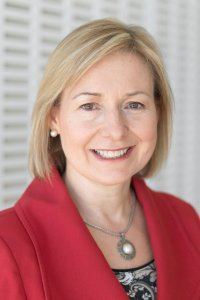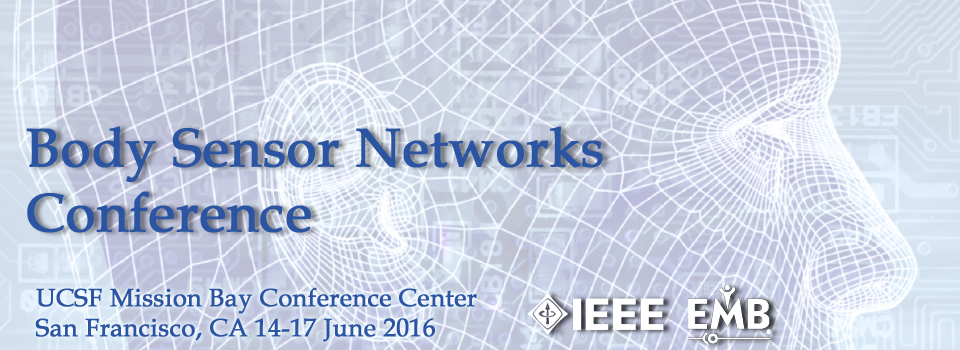
Connecting Emotions, Brain, and Behavior with Wearables
Years ago, when building technology to measure emotion, we quickly realized that to understand “what really matters” we needed to collect data from real life activities; hence, our team at MIT Media Lab built the first wearables to collect affective physiological data 24/7. From rich streams of objective data, we encountered a lot of surprises, enabling us to learn about connections between activity deep in the emotion centers of the brain that map to signals on the surface of the skin. This talk will highlight several of the latest findings, including measurements from sleep, stress and anxiety, seizures, as well as showing what can be learned about a wearer from their times of “inactivity.” I will also touch on our newest work, showing the potential of these rich continuous data to forecast changes in mental health and mood states.
Dr. Rosalind Picard, Sc.D. is founder and director of the Affective Computing Research Group at the Massachusetts Institute of Technology (MIT) Media Lab, co-director of the Media Lab’s Advancing Wellbeing Initiative, and faculty chair of MIT’s Mind+Hand+Heart Initiative. She co-founded Empatica, Inc. creating wearable sensors and analytics to improve health, and Affectiva, Inc. delivering solutions to measure and communicate emotion via webcams. Picard has authored or co-authored over two hundred scientific articles. She is an active inventor and her team’s inventions have been twice named to “top ten” lists, including The New York Times Magazine’s Best Ideas of 2006 for their Social Cue Reader used in autism, and 2011’s Popular Science Top Ten Inventions for a Mirror that Monitors Vital Signs. Picard is best known for writing the book Affective Computing, which gave rise to a field by that name. She was a founding member of the IEEE Technical Committee on Wearable Information Systems, and is recognized as a pioneer of affective wearables. CNN named her one of seven “Tech SuperHeros to Watch in 2015.” In 2016, Picard was named in the top ten of the list, “30 Most Innovative Women Professors Alive Today.”
